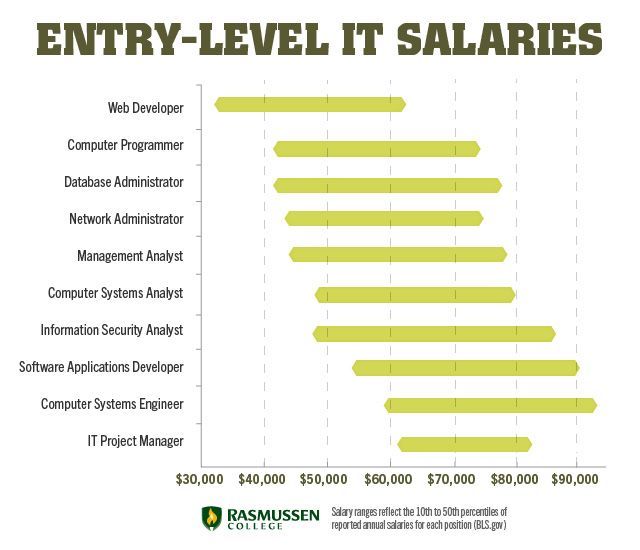
The IT job market in Moscow is currently experiencing saturation, leading to a notable decrease in starting salaries for junior specialists. According to Andrey Tarasov, Director of the Moscow Employment Service and head of the `Professions of the Future` center, the initial salary for juniors has dropped from 80,000 to 60,000 rubles.

Employers report a surplus of resumes from both entry-level and experienced developers. Data from HeadHunter for May indicated a 28% decrease in new IT vacancies compared to a 29% increase in the number of submitted resumes. Companies are shifting their focus, now seeking specialists capable of solving complex business tasks, such as implementing neural networks and ensuring data protection, rather than just basic coders. Employers particularly value versatile professionals with knowledge across various fields, and these multi-skilled employees tend to see their salaries grow.
Experts consulted on the market situation offered insights. Sergey Kozlov, CEO of CRM developer «Megaplan,» confirmed the market feels full, partly due to a constant influx of candidates from IT courses and a return of specialists who were previously abroad. He noted that integrating course graduates requires significant adaptation efforts from companies. Kozlov also mentioned consolidation in the market, with larger players acquiring smaller ones, though new startups are also emerging. Regarding the potential return of Western IT companies, he expressed skepticism, suggesting that even if they did return, users might be wary due to past service disruptions and data loss concerns.
Alexander Protsyuk, Director of Zavod IT, views this trend as part of a larger global shift in the hiring market, significantly influenced by AI. He noted that AI is replacing certain tasks, leading to global layoffs in some areas. Paradoxically, AI can also help people quickly gain basic skills, contributing to an «endless stream» of junior candidates entering the market faster than vacancies can absorb them.
Alfred Stolyarov, head of EvApps, observed a slowdown in the custom development segment. He explained that business clients are conserving resources by postponing or canceling non-critical projects, creating pressure on IT firms. This leads to increased risk, stricter contract requirements, shorter deadlines, and often reduced budgets. Stolyarov believes a potential return of Western clients, while debated, would trigger significant changes, likely leading to a sharp increase in demand for developers, a renewed labor shortage, and a spike in salaries. He sees this not as a fatal blow to the industry but rather a new challenge that would require adaptation while also presenting new opportunities for those prepared.
Despite the current oversupply of junior specialists, official statistics highlight a persistent need for IT professionals overall. The number of IT specialists in Russia increased by 13% year-on-year in 2024. However, according to estimates from the Ministry of Digital Development, the overall shortage of IT professionals in the country was previously estimated at 700,000 and could potentially grow to 1 million this year, indicating a mismatch between the available skills supply and the market`s demand at different seniority levels.











